The Diaspora: Mobilizing for Impact
This session will investigate the disparate responsibilities and opportunities of diasporic communities in supporting the Palestinian cause and maintaining a connection to their homeland. Panelists will discuss how the diaspora can effectively engage with global movements, direct their energies and resources, and contribute to a just future for Palestine.
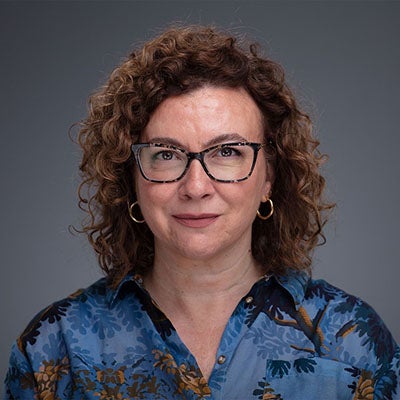
Nadya Sbaiti (Modarator)
Nadya Sbaiti is an Assistant Professor of History at Georgetown University in Qatar. She specializes in the social and cultural histories of the modern Middle East, with a focus on the Arab world. Professor Sbaiti studies gender, education, and nation-building in the post-WWI Levant with an examination of tourism, social class and mobility. She is the co-editor of the volume Practicing Sectarianism: Archival and Ethnographic Interventions on Lebanon (Stanford University Press, 2022), and has authored journal articles, book chapters, essays on pedagogy, and archival research guides. She teaches Middle East-focused courses that include introductory surveys, as well as courses on women and gender, the history of education, science fiction, and uprisings in historical perspective. She has served as co-editor of the peer-reviewed Arab Studies Journal and is co-director of the Lebanon Dissertation Summer Institute.
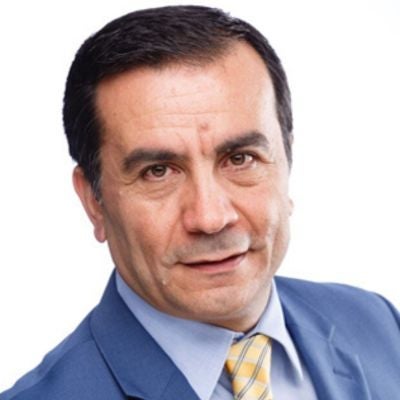
Khalid Al-Hroub
Khaled Al-Hroub is a Professor in Residence of the faculty of liberal arts at Northwestern University in Qatar. His focus is Middle Eastern studies and politics with particular interest on Islam and politics, Arab-Israeli conflict and Arab media studies. He was a Research Associate at the Centre of Islamic Studies of the Faculty of Asian and Middle Eastern Studies, University of Cambridge, where he was the founder and director of Cambridge Arab Media Project (CAMP) until 2012. He authored Hamas: A Beginners Guide (2006/2010), Hamas: Political Thought and Practice (2000), and edited Political Islam: Context versus Ideology (2011) and Religious Broadcasting in the Middle East (2012). Between 2000 and 2007 he was the host of a weekly book review program on Al Jazeera. His academic writings appeared in Middle East Journal, Middle East International, Journal for Palestine Studies, Shu’un Arabyya (Cairo), Critique: Critical Middle Eastern Studies, Holy Land Studies Journal, New Global Studies, The International Spectator (Rome), Outre Terre (Paris), Internationale Politik (Berlin). His weekly articles appear in Arab dailies (Jordan, Qatar, Egypt, UAE, Oman, Palestine, Mauritania and the UK); he has also been published in the Daily Star, International Herald Tribune, El Pais and La Razon, and is a frequent writer for OpenDemocracy.com and Qantara.de.
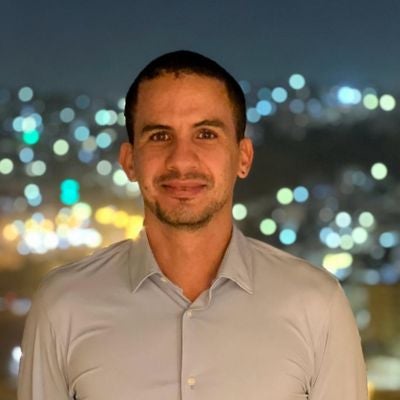
Nadim Bawalsa
Nadim Bawalsa is a historian of modern Palestine and author of Transnational Palestine: Migration and the Right of Return before 1948 (Stanford University Press, 2022), winner of the 2023 Nikkie Keddie book award by the Middle East Studies Association and the 2023 Palestine Book Award by Middle East Monitor. His other work has appeared in the Jerusalem Quarterly, NACLA Report on the Americas, the Journal of Palestine Studies, Al-Shabaka: The Palestinian Policy Network, and in two edited volumes—The Routledge Handbook of the History of the Middle East Mandates (2015) and the Routledge Handbook on Middle Eastern Diasporas (2022). He currently serves as the associate editor for the Journal of Palestine Studies and as an editorial board member of the Jerusalem Quarterly, the Journal of Palestine Studies, and Al-Shabaka. From 2020-2023, he was commissioning editor at Al-Shabaka, and prior to that, he worked as a history instructor in New York City. In 2019/2020, Bawalsa was awarded a PARC-NEH fellowship to complete research in Palestine toward his book manuscript.
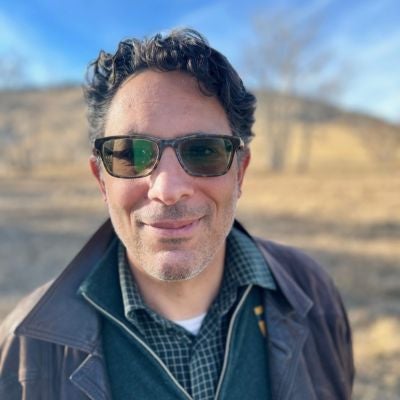
Wadie Said
Wadie Said is Professor of Law and Dean’s Faculty Fellow at the University of Colorado School of Law, where he teaches courses in Criminal Law and Procedure. He is a member of the American Law Insitute and a former federal public defender, as well as the author of numerous studies on criminal law, terrorism, and international law, and human rights more broadly. He is currently writing a book on Palestine and American law.
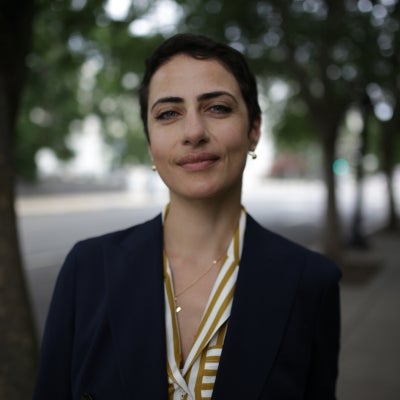
Diala Shamas
Diala Shamas is a Senior Staff Attorney at the Center for Constitutional Rights, where she works on challenging government and law enforcement abuses perpetrated under the guise of national security in the U.S. and abroad. She also litigates a range of international human rights issues, particularly focusing on Palestinian rights. She has most recently been counsel on a landmark case in U.S. federal court challenging Israel’s genocide against the Palestinian population in Gaza in U.S. Federal Court and worked on related international accountability efforts. Prior to joining CCR, Diala was a Clinical Supervising Attorney and Lecturer at Stanford Law School and supervised the CLEAR project at CUNY School of Law. Her practice includes working with social justice movements and advocates, including those in support of Palestinian rights, as they face suppression, helping them craft creative legal and advocacy strategies that build their power. She has worked to challenge the Muslim Ban, and represented individuals targeted for surveillance or placed on federal watch lists.
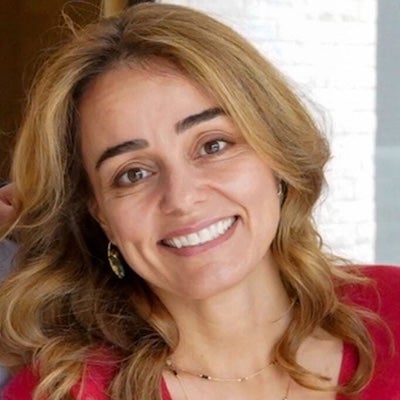
Muna Sukhtian
Muna Sukthian has had a career working with private, public, and non-profit organizations. She chairs the board of Microfund for Women, Jordan’s largest not-for-profit microfinance institution. She has also contributed to financial inclusion on an international level, as co-chair of Women’s World Banking (New York) and board member of the Consultative Group to Assist the Poor (Washington DC).
With enthusiasm for supporting organizations that give opportunities to youth and women, Muna serves on the boards of the Ghiath and Nadia Sukhtian Foundation, Crown Prince Foundation, Prince Hussein Technical University, Queen Rania Teachers’ Award, Abdulhameed Shoman Foundation and Taawon (Palestine). She also served as chief of staff of Queen Rania Al Abdullah, as a council member of the Greater Amman Municipality, and on the Royal Committee to Modernize the Political System.
Muna started her career in management consulting in the US and worked in pharmaceuticals. As a director of GMS Holdings and a member of the investment committee, she continues to play an active role in her family’s business.
Muna holds a degree in biochemistry from Harvard University and an MBA from INSEAD in France. Together with her husband, she is a proud parent of their three sons.
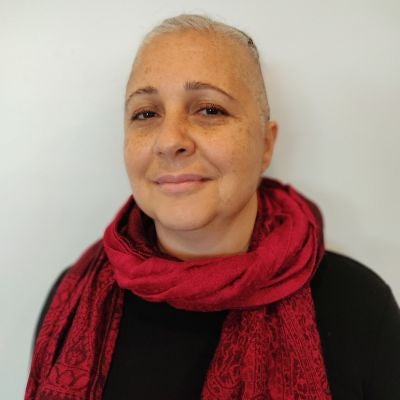
Zeina Zaatari
Zeina Zaatari, is the Director of the Arab American Cultural Center at the University of Illinois, Chicago. She has worked on gender and racial justice in Arab and Arab American communities both within academic and non-profit spaces in programming and producing knowledge. Before joining UIC in January 2019, she worked as Research Director at Political Research Associates, an organization that studies movements on the Right. She serves as the Associate Editor for the Middle East and Africa (northern and sub-Saharan) for the Encyclopedia of Women and Islamic Cultures. She is a trainer and mentor for The Muslim Women in the Media Training Institute supporting journalism graduate students and junior journalists in better coverage and representation of Muslim women and their issues. She is a co-founder and elected board member to the Women Human Rights Defenders-MENA Coalition. Her recent publications include two co-edited books: Routledge Handbook on Women of the Middle East co-edited with Suad Joseph (2023) and The Politics of Engaged Gender Research in the Arab Region: Feminist Fieldwork and Knowledge Production co-edited with Suad Joseph and Lena Meari (I.B.Tauris 2022). Among her other publications include: Sarah Hegazy and the Struggle for Freedom, Middle East Report Online (2020), Social Movements and Revolution in A Companion to the Anthropology of the Middle East (2015, Wiley-Blackwell), and Desirable Masculinity/Femininity and Nostalgia of the “Anti-Modernity”: Bab el-Hara Television Series as a Site of Production in Sexuality and Culture (2014). Zeina is president-elect of the Association for Middle East Women’s Studies for 2024-2026.